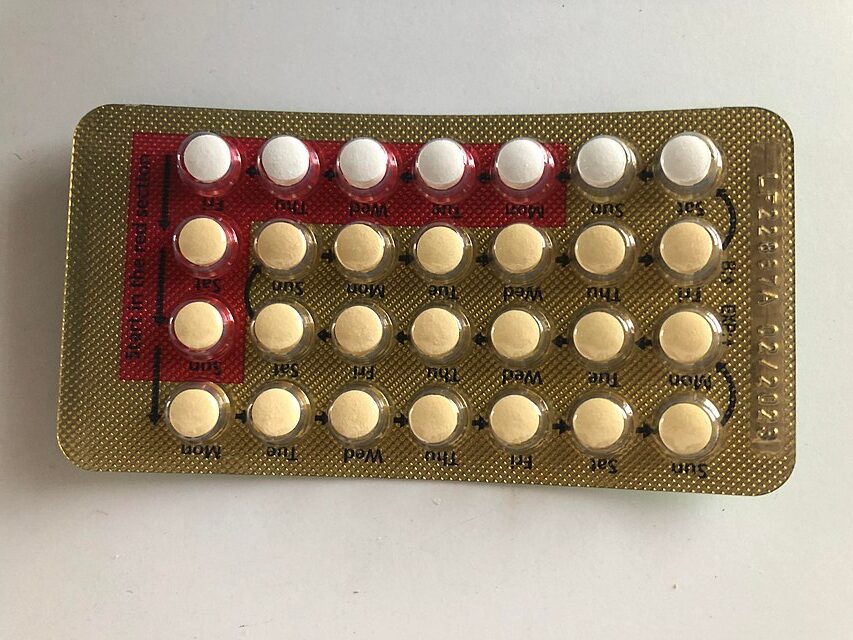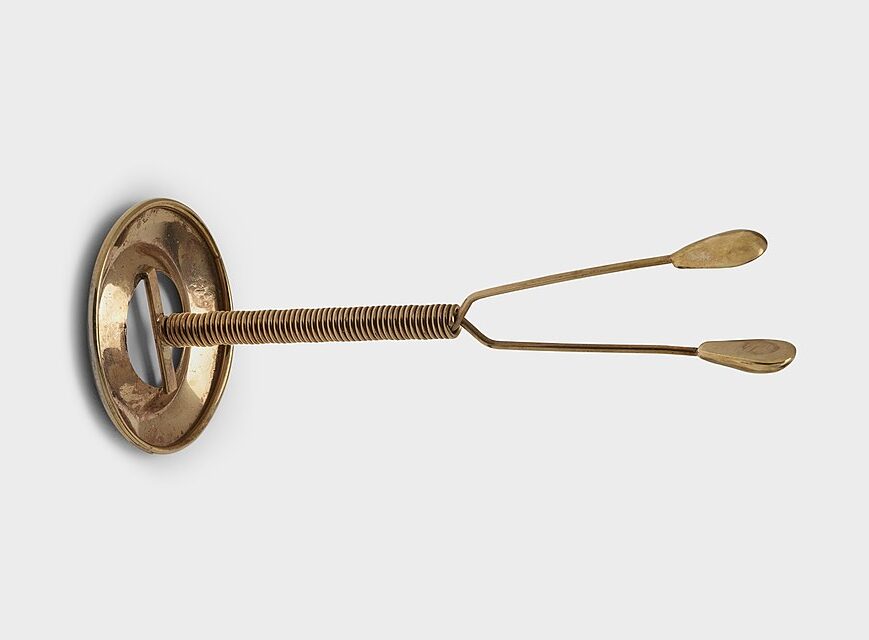
Periods: what to expect and how to manage it
Reproductive Health (Periods, Cycle & Birth Control and Pap smears) [this is the overarching heading of this page, content around Periods needs to be moved down this page]
There are many ways to describe periods, such as “menstruation,” “time of the month,” “Aunt Flo,” and “lady days.” No matter what you call it, periods are a natural part of life. If you’re reading this as a young woman or young person who menstruates, you’ve likely already started your period.
Getting your period is an important milestone in womanhood, but it can also be messy and uncomfortable. It’s normal to feel unsure about how to manage symptoms like cramps, mood swings, muscle spasms, migraines, or even seizures. Everyone’s experience is different; some may have mild symptoms, while others may find their symptoms more challenging.
Having periods is a normal part of life, and many people find comfort in knowing that this experience is shared by others.
As a young person with CP, you might start puberty earlier than some of your peers. This can lead to starting your period earlier, which may feel surprising. Sometimes, your parent or caregiver may notice these changes before you do, so they can be helpful if you have questions.
Talking with healthcare professionals
Your healthcare team can be a great support. But not every doctor is trained in women’s health and puberty for young people with disabilities, so you may need to bring up your questions about periods. Even though talking about periods may feel awkward, it’s important to know that you have a right to ask questions. It’s not always easy, but it’s necessary.
Managing Your Period
You have different options for managing your period. These can include:
Pads
Pads – Some people with CP prefer these, especially side-clip pads, which can be easier to change.
Tampons
Tampons – Another option, though it may take time to learn to use them.
Menstrual Cups
Menstrual Cups – These are reusable, but they might be harder to use if you have certain muscle or movement challenges.
Period Underwear
Period Underwear – Comfortable and reusable, these are also a great option for people with CP, especially those that allow side-clipping for easy changing.
Staying Clean and Healthy
Keeping clean and dry is very important, as it helps prevent infections and keeps your skin healthy. This is especially important if you have any issues with incontinence (difficulty controlling bladder or bowel movements) or skin sensitivities. Changing pads or underwear often and washing with warm water can help a lot.
Periods may seem a little overwhelming at first, but with the right resources, you’ll find ways to manage them that work best for you!
All About Periods | KidsHealth
Let’s talk about disability, periods and alternative menstrual products | Crippled Scholar
Period & Disability, Impairments and conditions | CitytoSea
Management of Menstrual and Gynaecologic Concerns in Girls with Special Needs | NCIB
Period management in young people with disabilities | Don’t Forget the Bubbles
Birth and Cycle Control
Birth & Cycle Control
Some people wonder, “Why not just stop periods altogether?” This is called menstrual suppression, and it is an option, but it’s a big decision. It’s okay to think about your choices, and it’s helpful to talk to a doctor before making any changes. Here’s some important information about birth control and period options you can consider.
Making Decisions About Menstrual Cycle Changes
Changing your menstrual cycle is a big choice for everyone, including those with CP. Doctors suggest waiting at least one year after your first period before thinking about any medical options to control or stop it. Stopping too soon can affect your growth and health.
Thinking About Birth Control Options
Being on birth control is one way to manage your period. If you’re interested in controlling your cycle, birth control can help in different ways. These methods can help to:
Regulate your cycle (make it more regular)
Reduce period pain
Possibly stop your periods
Talking with your doctor about birth control options can help you decide which method might be best for you. It’s important to think about how your periods affect your life and what your personal goals are for managing your cycle.
Birth control options to discuss with your doctor
Combined Contraceptives (Pills, Patch, or Ring)
These can help make periods more regular or stop them altogether. But they might increase the chance of blood clots, especially if you have limited movement.

Progesterone-Only Options (Pills or Injections)
These might be safer if you cannot use oestrogen.

Intrauterine Device (IUD) or Implant
These options provide long-term birth control (for several years). However, they may require anaesthesia for insertion if you have challenges with communication or movement.

Endometrial Ablation
This can reduce heavy periods. It is only recommended for people who do not want to have children in the future.
Hysterectomy
This is a permanent procedure and is not recommended unless for specific medical reasons.
Staying safe and managing risks
For women with disabilities, safety is very important. Sadly, there are higher risks of unwanted pregnancies and abuse among women with disabilities. Talking openly with a doctor or support person about these risks can help in finding the best protection and support.
Key Points to Remember
Remember, changing your cycle or stopping periods completely can be hard, so try to keep your expectations realistic. Talking with a doctor regularly will help you stay informed and adjust your options as your needs change.
Pap smears
When you need a Pap smear
If you are between 25 and 74 years old and have been sexually active, you need to have a Cervical Screening Test every five years, no matter your disabilities. Some people wrongly assume that individuals with disabilities, including CP, are not sexually active, but that is not true. It is important for young women with CP to make this test a priority, along with their other health needs.
Your choices
The test might be uncomfortable, especially if you have mobility issues or muscle stiffness. You can choose a position that feels most comfortable for you during the test. It can also help to ask for longer appointment times, so you do not feel rushed. Bringing a supportive friend or family member with you can provide extra comfort.
Self collection
If you prefer, you can collect your own sample. This is called a self-collection Cervical Screen Test. This option can be more comfortable and just as effective as having a doctor do it. You will receive clear instructions and a private space to take your sample. If you need help, a doctor or caregiver can assist you.
At home tests
While it’s best to collect your sample at the clinic, home testing is also an option if the clinic does not have the right equipment. You can even get guidance via Zoom if you need it.
Other options
If the test feels too stressful, it can be done with sedation or anaesthesia, but this option has extra risks.
Any concerns
Make sure to talk about any concerns regarding the procedure with your healthcare provider, including how your CP may affect the testing process. They should give you advice that is tailored to your needs to make the experience easier.
Remember, taking care of your sexual health is just as important as managing other health aspects related to CP. Regular check-ups help you take charge of your well-being and make informed choices about your body.
If you’re uncomfortable with a particular healthcare professional, don’t hesitate to ask for someone else.